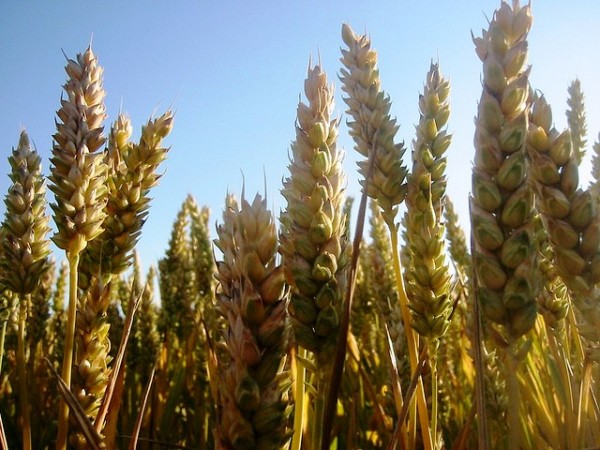Rising Levels of Carbon Dioxide Rob Nutritive Values in Food Crops: Study

Increasing levels of carbon dioxide in the atmosphere reduce nutritional content of food crops, according to a study.
The presence of greenhouse gases from vehicular and industrial emission has resulted in an increase in deaths caused by respiratory diseases and heart problems. The carbon dioxide (CO2) concentration in the air will greatly hamper the nutritive quality of all the crops grown around the world by 2050. Researchers from the Harvard School of Public Health (HSPH) found that high CO2 levels caused due to climatic variations can bring down zinc and iron content in organically grown food.
According to recent estimates, about 2 billion people suffer from iron and zinc deficiencies and more than 63 million die due to severe nutritional imbalance.
"This study is the first to resolve the question of whether rising CO2 concentrations - which have been increasing steadily since the Industrial Revolution - threaten human nutrition," said Samuel Myers, study author and research scientist in the Department of Environmental Health at HSPH in a news release.
Recently researches advocated growing the crops and plants outdoors in free air carbon dioxide enrichment (FACE) environment, which allows plants to be grown in open fields at elevated levels of CO2. Experts in the current study examined 41 genotypes of grains and legumes grown in seven FACE locations in Japan, Australia and the U.S. The CO2 concentration in all the seven places measured somewhere between 546 to 586 parts per million. They then evaluated the nutritional content of C3 grains (wheat and rice), C4 grains (maize and sorghum) and C3 legumes (soya beans and field peas).
Their analysis revealed a notable decrease in zinc, iron and protein in C3 grains .The crops grown in FACE locations also showed 9.3 percent reduction in zinc, a 5.1 percent reduction in iron, and a 6.3 percent reduction in protein. While Legumes in FACE sites were low in zinc and iron content but did not have less protein.
About three billion people from developing countries are dependent on C3 crops for their daily supply of vital nutrition and proteins and these findings show the potential threat to their nutritional status leading to long term health conditions.
"Humanity is conducting a global experiment by rapidly altering the environmental conditions on the only habitable planet we know. As this experiment unfolds, there will undoubtedly be many surprises. Finding out that rising CO2 threatens human nutrition is one such surprise," said Myers.
More information is available online in the journal Nature.
May 08, 2014 09:47 AM EDT





